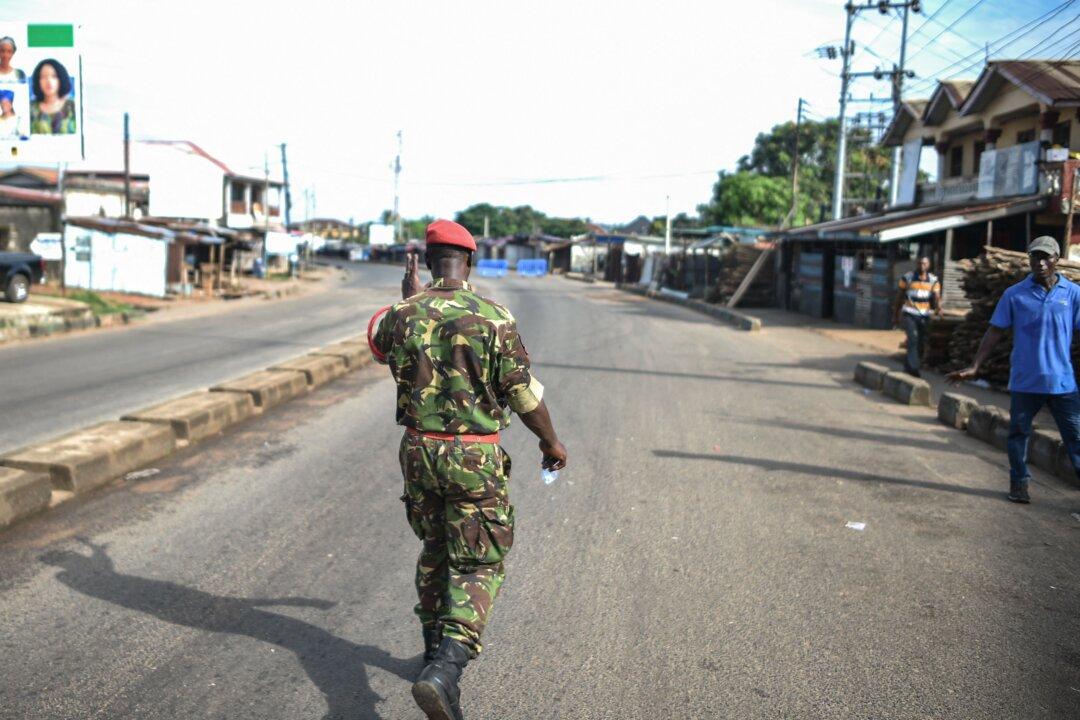Commentary
By late November, Sierra Leone’s government of President Julius Maada Bio seemed to be fighting a rear-guard action to survive in the face of almost nationwide insurrection and defections from the Sierra Leone Armed Forces (SLAF).

By late November, Sierra Leone’s government of President Julius Maada Bio seemed to be fighting a rear-guard action to survive in the face of almost nationwide insurrection and defections from the Sierra Leone Armed Forces (SLAF).